
There have been many acts in Ted Hope’s career – as an indie producer at Focus Features’ forebearer Good Machine, making films including Ang Lee’s Eat Drink Man Woman, Todd Solondz’ Happiness and Todd Fields’ In The Bedroom; as San Francisco Film Society executive director; and as Amazon Studios film co-head from 2015-2020.
Now back as an indie producer, Hope eschewed many of the filmmaking practices of the US streaming platforms in an impassioned keynote address at the Galway Film Fleadh.
Hope was at the Fleadh for the Irish premiere of documentary Invisible Nation, produced through Double Hope, the outfit he founded with his wife Vanessa Hope, who also directs the film. It follows Taiwan’s first female president, Tsai Ing-wen.
He spoke to Screen about the need for tighter regulation on the streamers, his transition out of Amazon and ambitions for a global film think tank.
Why are you advocating for streamers to commit to 25% of content on a platform being from the local region for the audience?
And 25% independent production. They can overlap. Presumably a lot of local production will be independent production. It’s good business – Stateside, the fear of regulation is super large at all the corporations. Personally, I feel making a warmer, gentler form of capitalism is the best long-term approach for all those folks. There’s a problem that they [the streamers] haven’t addressed yet, which is assuming that global content is the same thing everywhere, and as a result, to succeed, both artists and business people will hit the low-hanging fruit, the easy sorts of things.
The nature of streaming, with the current ways the user interfaces work, is geared for everyone to watch the same thing. There will be an unintentional encouragement for everyone to smooth down the edges, find similar things regardless of the language. To me, that’s the wrong approach. You want to find a way to love the differences, but see the universalities. Personally speaking, the more specific a perspective is to its time, place, and lived experience, the more universal it becomes. It’s easier for us to put ourselves in the shoes of other people when they’re different, than when they’re the same. When they’re closer to us, we want super specificity which is hard. It’s important to develop local audiences, that have global reach, not global voices that have a local base.
The mad folk, the bandits, the witches, the folks that believe in themselves and their own kind of differences – the independents – are important to work as cultural course correctors to corporate enterprise, and frequently will discover different genres, [like] Get Out, Everything Everywhere All At Once. You wouldn’t have a film like Kneecap without Good Vibrations and Trainspotting.
Right now in the States, the cinema of the ‘90s, which I got to be a part of, is enjoying a resurgence theatrically. Younger folks go to see those films on the big screen precisely because they don’t feel corporately programmed. They feel wild.
You left Amazon Studios in 2020 after five years. Why did you leave?
Most of my friends when I took the job were betting on me for a two-year run, and I did five and a half years. It was always good, they treated me super well; I never had to make something I didn’t want; I got a tremendous number of movies I felt deeply about made through the system.
But you could read the writing on the wall. As they succeeded and the audience grew, and they were making the same number of films, you needed to make films that appealed to more and more people. The films I make don’t appeal to more and more people. It’s a clearly defined subset of an overall audience.
I’m all for mandatory term limits and age limits. You shouldn’t have CEOs that are 65, 70 years old. It shouldn’t be a bunch of old white guys running things everywhere.
Do you still have your first-look deal with Amazon?
No, it expired during the dual [SAG-AFTRA and WGA] strikes in the States. They said they weren’t renewing any deals, and they haven’t called since.
What is the landscape for US indie producers at the moment?
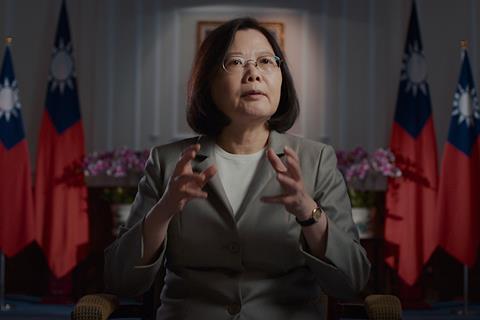
It’s hard to justify making a movie in the States. The easiest way to say what the situation is – it’s terrible. There’s a huge differential between the perceived market value [of a film] and the actual value. They [streamers] pay around 40% of the actual value, and so that other 60% is cloaked, people don’t see it or capture it, except for the platforms.
Everyone bet their house on the global streaming platform, and you don’t have an alternative model. A global streaming platform, under the current design and model, is not the place for a film of artistic ambition. It’s a second-screen experience.
What would you like to see change?
There is a lack of leadership across the entire global cinema ecosystem. The global streaming platforms all gamed the strikes for their own advantage, to trim their rosters of deals, to further delay the inevitable sharing of data the work generates, to continue to remove any real bonuses based on success.
What they did agree to share was a mere fraction of what they were already anticipating sharing. They totally won, despite what the organisers of the other side might say. It’s all solvable – it can only be solved through collective leadership, collective action. There should be a global think tank that is producing white papers on a regular basis, that defines for everyone what the global cinema ecosystem actually is, who are the distributors in each territory, what are the media channels so people can see and understand.
We have to address this ecosystem decay that has infected the entire global indie structure. And I believe that a venture fund for ‘operational improvements’, good ideas that we skipped over at the wrong time, can be built. Incremental improvements that, when you take a bunch of them together, they start to make up a significant percentage of the revenue for a film.
Artist entrepreneurs need to own their own audience, own their own data, and work for long-term involvement from ‘fans’, which is a diminutive term. It’s important that artists build a community around them, and there are ways to do that, the core way being newsletters, which I’m a super big fan of.
What are you working on at the moment?
I have a nice project slate – three levels of development, movies that are kind of ready to go I’m either packaging or financing, movies that are closing in on finishing scripts and movies that have just like finished securing the IP and am about to start to piece those together.
For the first time since I was 23 years old, I’m working without a team. My downside of my time at Amazon was a form of PTSD, of too many people wanting too many answers all the time. I ran over 100 projects there. Constant decision-making. I loved it but it did short circuit me a little bit.


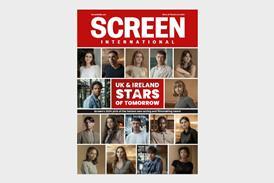
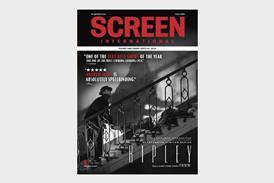


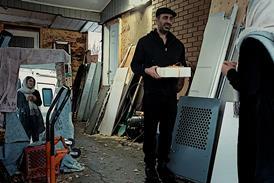
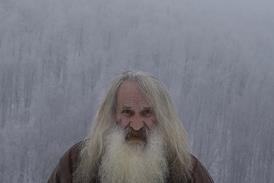

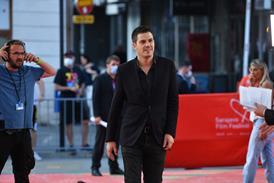
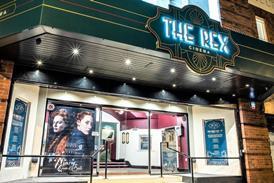



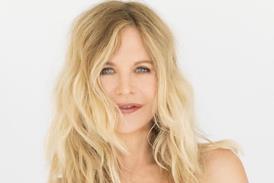









No comments yet